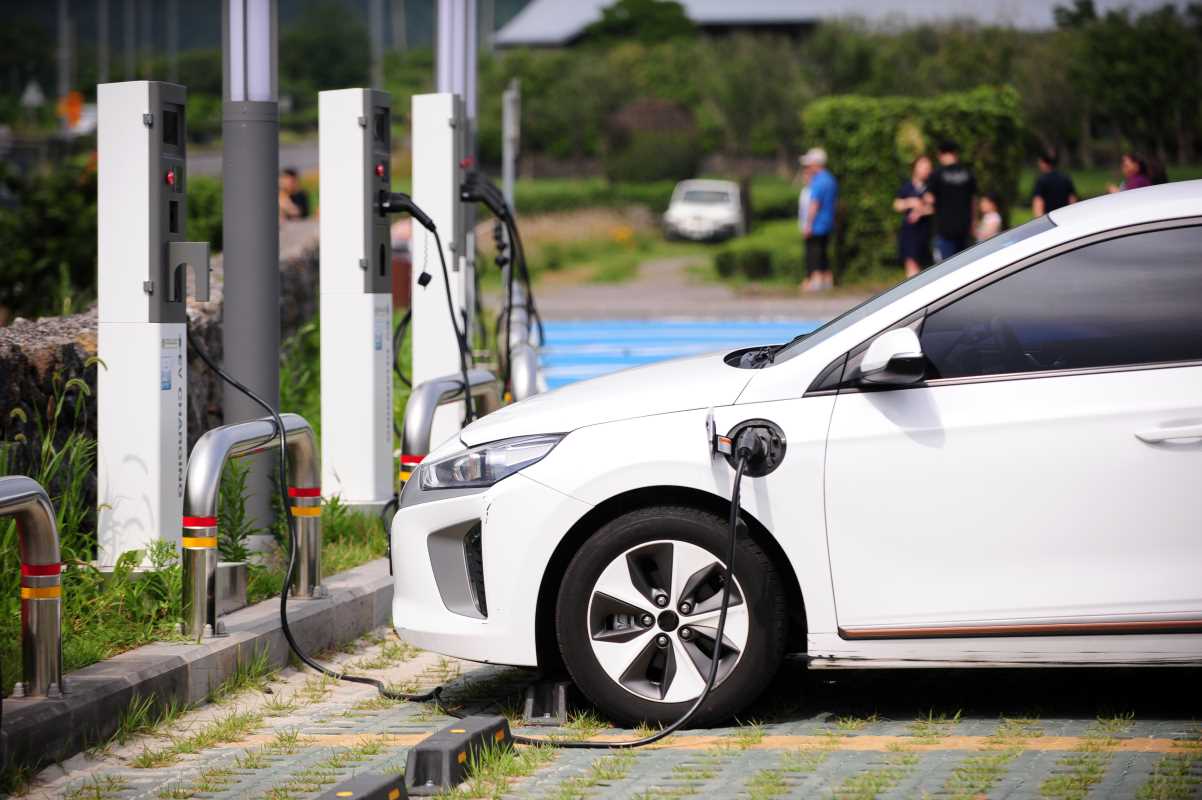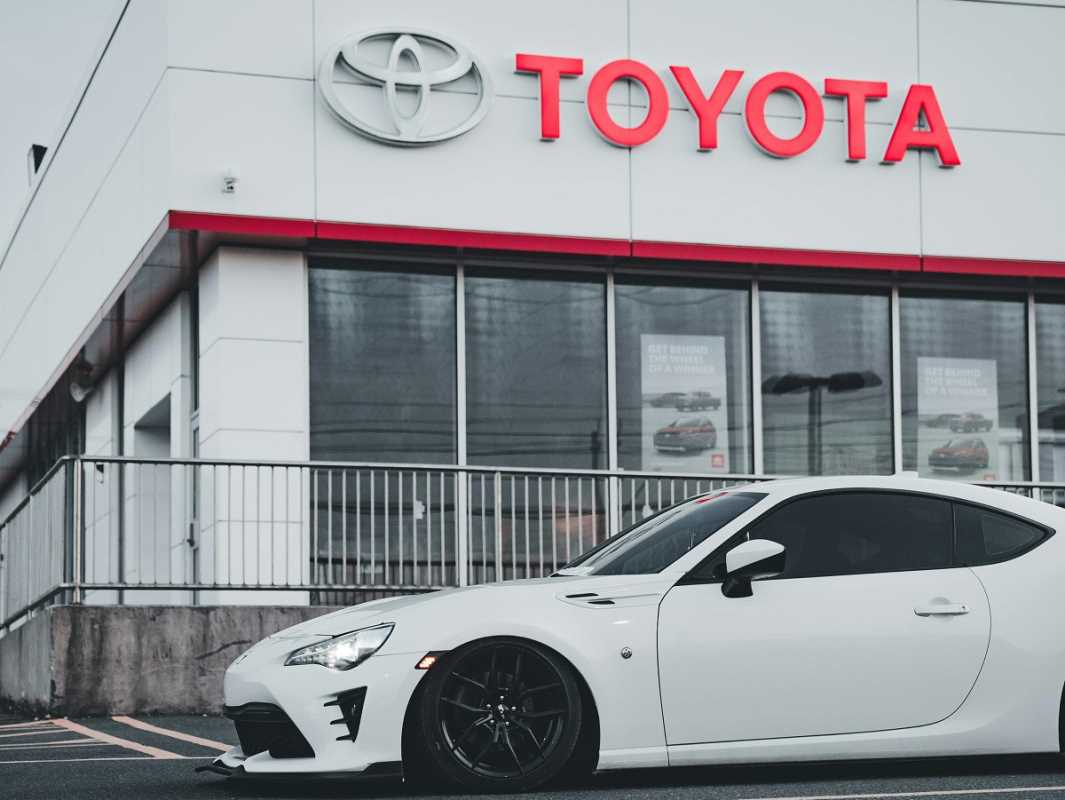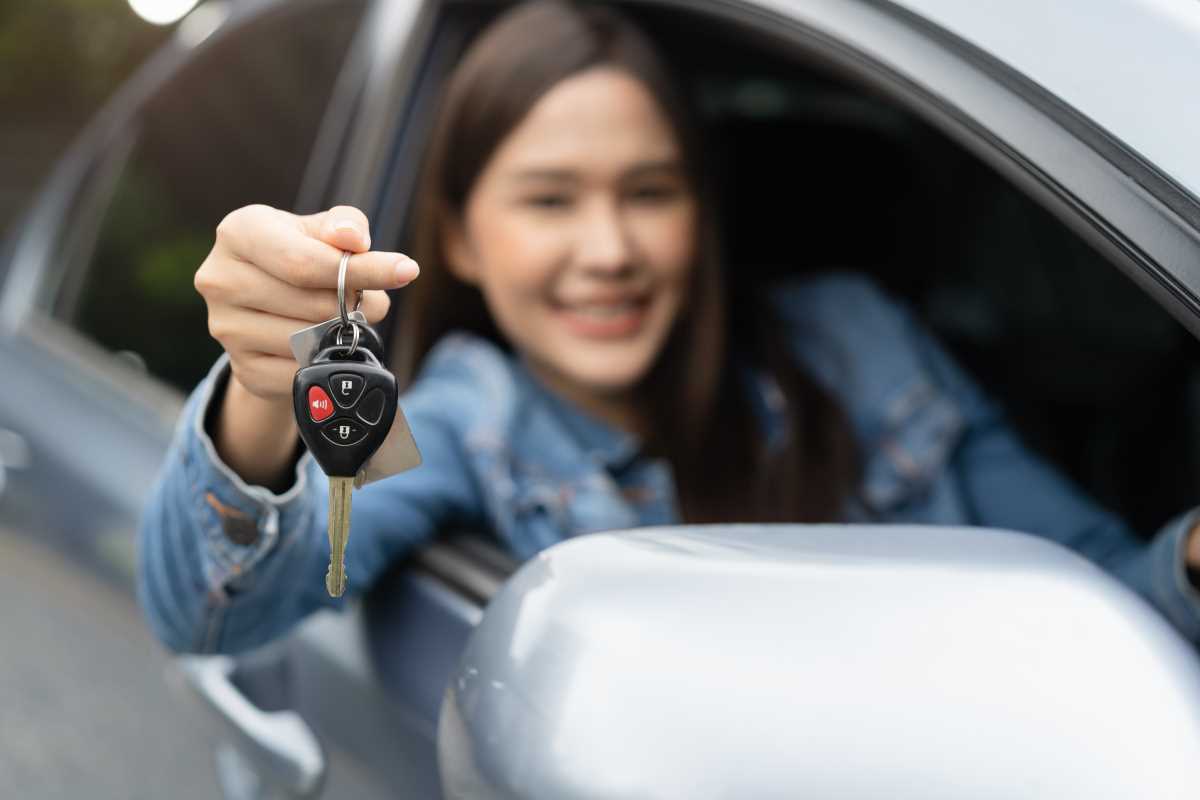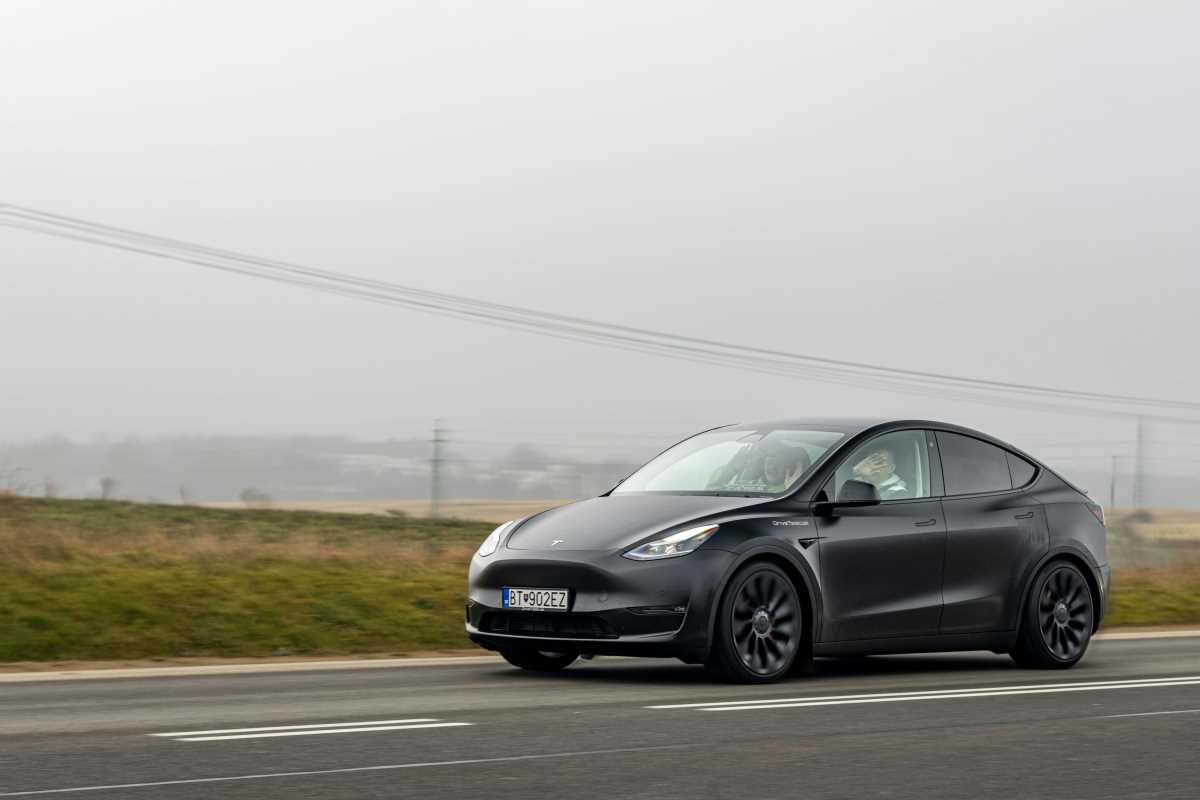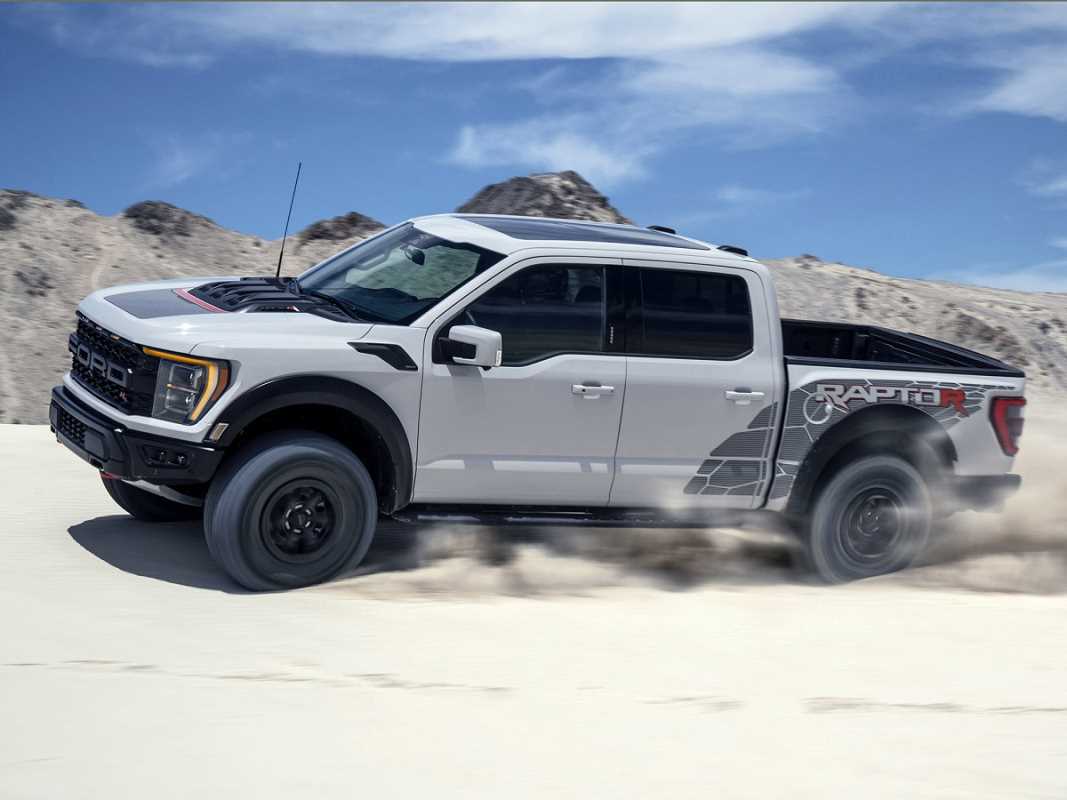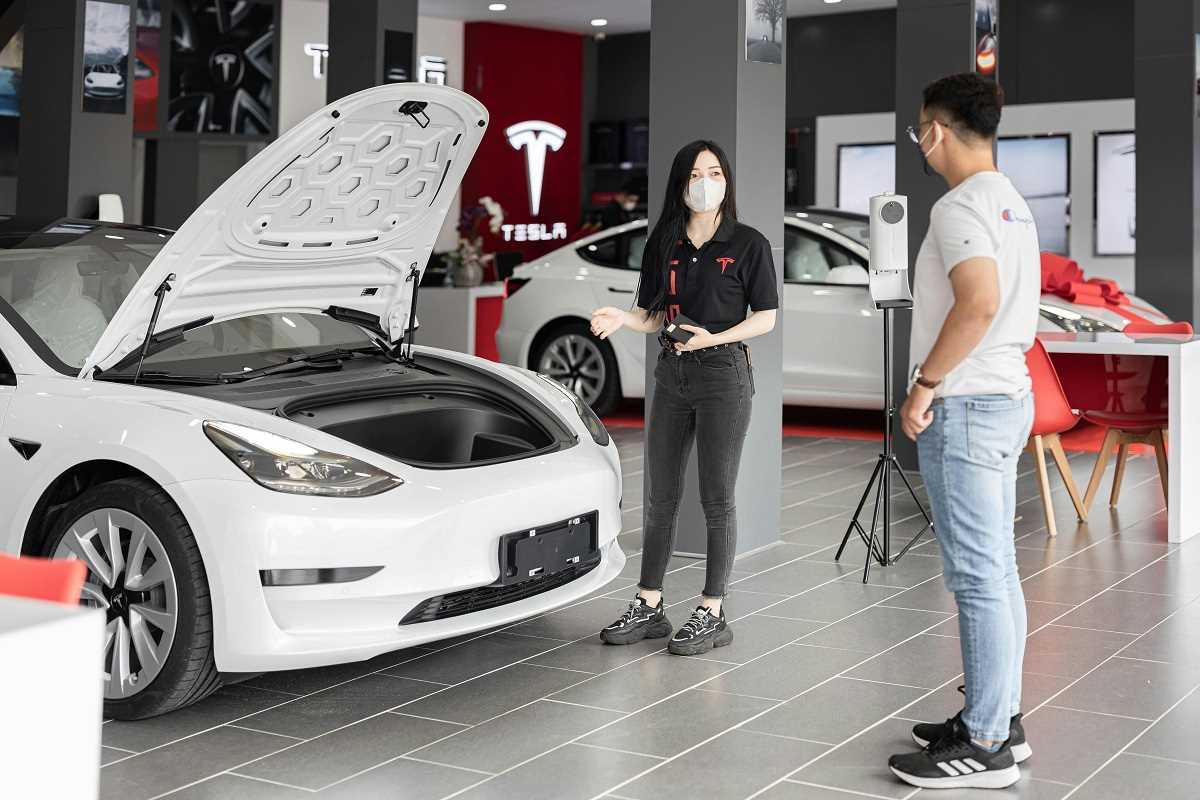Safety is a top priority for most car buyers, and manufacturers continue to evolve their technology to offer unparalleled protection on the road. Whether you’re a solo commuter, a family driver, or someone who prioritizes peace of mind, there are plenty of options in 2025 that deliver exceptional safety. From crash-test scores to advanced driver-assistance systems (ADAS), here’s a detailed FAQ guide to help you discover the safest cars available today.
What Makes a Car Safe?
Several features and ratings contribute to a vehicle’s safety, including:
- Crash Test Ratings: Issued by agencies such as the National Highway Traffic Safety Administration (NHTSA) and the Insurance Institute for Highway Safety (IIHS).
- Advanced Driver-Assistance Systems (ADAS): Features like automatic emergency braking, lane-keeping assist, and adaptive cruise control.
- Structural Integrity: Design elements such as crumple zones and reinforced passenger cabins protect occupants in an accident.
- Visibility Features: Technologies such as blind-spot monitoring, surround-view cameras, and adaptive headlights enhance driver awareness.
Modern vehicles often combine these elements to provide comprehensive protection for drivers and passengers.
Which Sedans Are the Safest in 2025?
Sedans remain one of the most popular vehicle types, balancing affordability, fuel efficiency, and safety. Here are three of the safest sedans in 2025:
1. Honda Accord
- Why It’s Safe: The 2025 Honda Accord continues its tradition of top-tier safety with stellar IIHS and NHTSA ratings. Packed with Honda Sensing® safety features, it includes adaptive cruise control, lane-keeping assist, and traffic sign recognition.
- Additional Features: Standard rear-seat reminders, a rearview camera, and collision mitigation braking.
- Crash Test Results: A Top Safety Pick+ from IIHS, making it a standout among midsize sedans.
2. Toyota Camry
- Why It’s Safe: Toyota equips the Camry with its renowned Safety Sense™ 3.0, which includes systems like pre-collision detection with pedestrian detection and lane departure alert.
- Additional Features: The Camry offers a 360-degree camera system and automatic high beams.
- Crash Test Results: Perfect 5-star safety ratings from NHTSA.
- Best For: Families seeking reliability and safety in a sedan.
3. Subaru Legacy
- Why It’s Safe: The Subaru Legacy’s standard Symmetrical AWD enhances stability in all conditions, while EyeSight® Driver Assist Technology provides lane centering and emergency braking.
- Additional Features: Driver monitoring system to reduce drowsy or distracted driving.
- Crash Test Results: Repeatedly earns IIHS Top Safety Pick+ honors for its superior crashworthiness.
These sedans combine state-of-the-art safety technologies with solid structural design.
What Are the Safest SUVs for Families?
SUVs offer a sense of security with their size and higher driving position. Here are some family-friendly, ultra-safe SUV options:
1. Volvo XC90
- Why It’s Safe: Known for its Swedish safety innovations, the XC90 includes Pilot Assist (semi-autonomous driving), blind-spot monitoring, and collision avoidance systems.
- Additional Features: Volvo’s WHIPS™ whiplash protection system and an ultra-strong passenger frame.
- Crash Test Results: Regularly scores perfect marks from IIHS and NHTSA.
- Best For: Families wanting cutting-edge safety and luxury.
2. Hyundai Palisade
- Why It’s Safe: The Palisade offers Hyundai SmartSense™, featuring forward-collision avoidance and a rear occupant alert system. Its quiet, comfortable ride is perfect for families.
- Additional Features: Ultrasonic sensors prevent back-seat passengers, like kids or pets, from being accidentally left behind.
- Crash Test Results: A superior performer in all crash tests.
- Best For: Larger families needing space, comfort, and safety.
3. Subaru Forester
- Why It’s Safe: The Forester’s standard AWD, complemented by advanced ADAS like EyeSight® technology, ensures stability and control on all terrains.
- Additional Features: Reverse automatic braking and a driver-focus system that prevents distractions.
- Crash Test Results: Consistently receives top IIHS ratings, especially for its crash avoidance capabilities.
- Best For: Families who love outdoor adventures without compromising on safety.
SUVs like these provide peace of mind whether you’re commuting or hitting the highway.
Which Electric Vehicles Are Considered Safe?
Electric vehicles (EVs) are becoming increasingly popular, and many excel when it comes to safety. Here are some of the safest EVs in 2025:
1. Tesla Model Y
- Why It’s Safe: The Model Y’s low center of gravity (thanks to its floor-mounted battery) minimizes rollover risk. Tesla’s Autopilot and Full Self-Driving capabilities also enhance driver awareness.
- Additional Features: Surround-view cameras and over-the-air software updates that improve safety features.
- Crash Test Results: Among the top safety performers due to sound crash protection.
- Best For: Tech enthusiasts seeking futuristic and safe driving.
2. Hyundai Ioniq 6
- Why It’s Safe: Featuring Hyundai SmartSense™, the Ioniq 6 offers broad collision mitigation technologies and excellent structural strength.
- Additional Features: Highway Driving Assist 2 (HDA2) for semi-autonomous long-distance cruising.
- Crash Test Results: High marks from NHTSA, particularly for driver and passenger protection.
- Best For: Eco-conscious drivers wanting a sleek and secure EV.
3. Volvo XC40 Recharge
- Why It’s Safe: Relying on Volvo’s safety pedigree, the XC40 Recharge is an electric SUV that emphasizes strength and advanced tech, including 360-degree cameras and front-and-rear collision avoidance.
- Additional Features: Pedestrian and cyclist detection, designed for urban areas.
- Best For: City-dwellers seeking luxury EV safety.
These EVs prove that sustainability and safety can coexist.
How Do Advanced Driver-Assistance Systems Improve Safety?
ADAS technologies enhance driver awareness and correct errors in critical situations. Some key systems to look for include:
- Automatic Emergency Braking (AEB): Prevents or reduces crash severity by applying brakes autonomously.
- Lane Keep Assist (LKA): Keeps vehicles centered in lanes.
- Blind-Spot Monitoring: Alerts you to vehicles in adjacent lanes, reducing lane-change collisions.
- Adaptive Cruise Control (ACC): Matches your car’s speed with the flow of traffic while maintaining a safe gap.
- Rear Cross-Traffic Alert: Prevents accidents while reversing by detecting moving objects behind you.
ADAS doesn’t replace a vigilant driver but adds a critical safety net.
What Should I Look for in a Safe Family Car?
For families, safety goes beyond crash ratings. Consider:
- Rear-Seat Features: Look for rear occupant alerts, booster seat anchors, and good visibility for backseat passengers.
- All-Wheel Drive or Stability Control: Enhances handling in adverse weather conditions.
- Extra Cargo Space: Suitable for transporting essential family gear.
Cars like the Hyundai Palisade and Subaru Outback offer these features while exceeding safety standards.
What’s the Importance of Crash Test Ratings?
Crash test ratings help buyers understand a car’s ability to protect passengers during a collision. These scores often include:
- Frontal Crash: Tests head-on impacts at moderate and high speeds.
- Side Crash: Assesses car performance in T-bone or side-impact crashes.
- Rollover Resistance: Evaluates how well a vehicle resists rolling over during sharp turns or impacts.
Certified organizations like IIHS and NHTSA provide clear, trustworthy evaluations to help you pick the safest car with confidence.
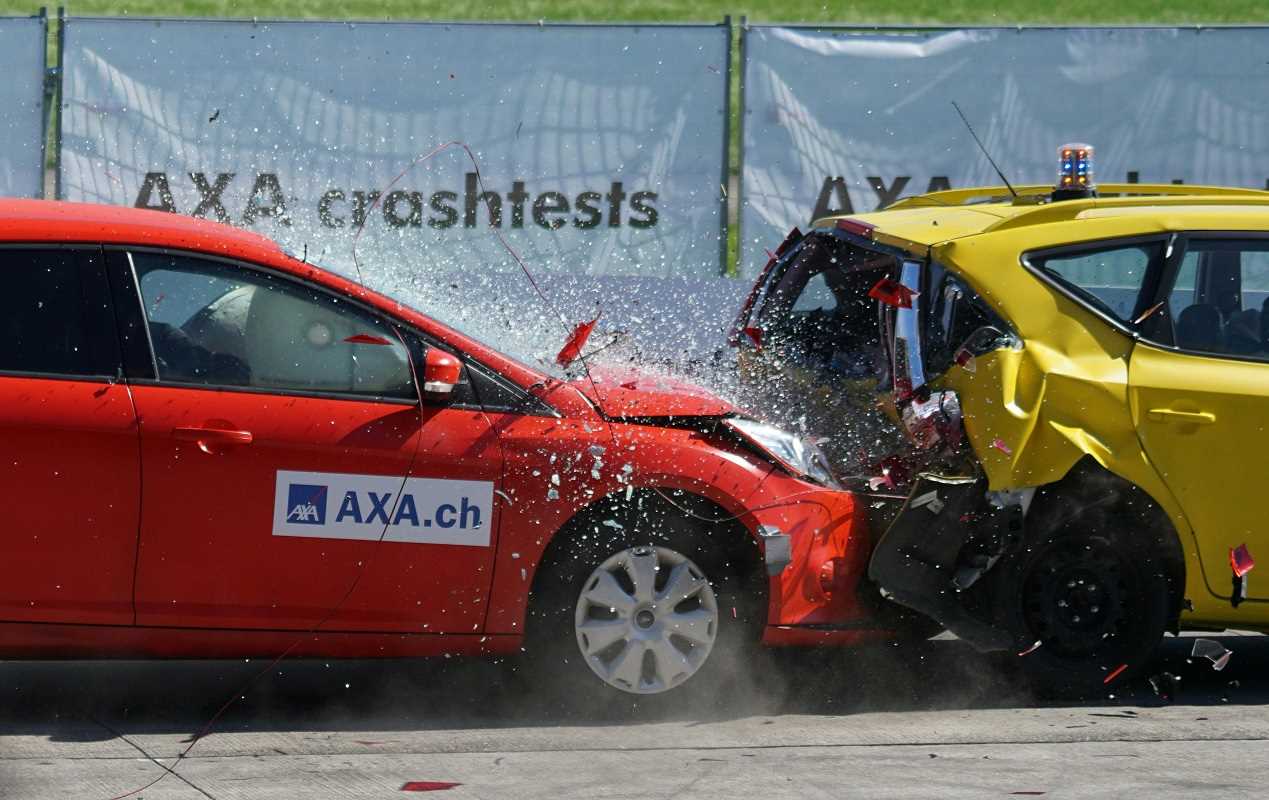 (Image via
(Image via